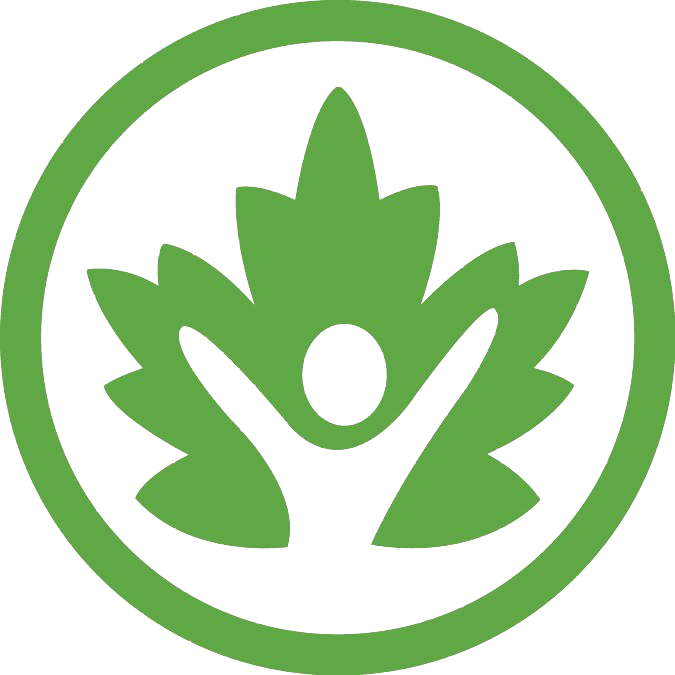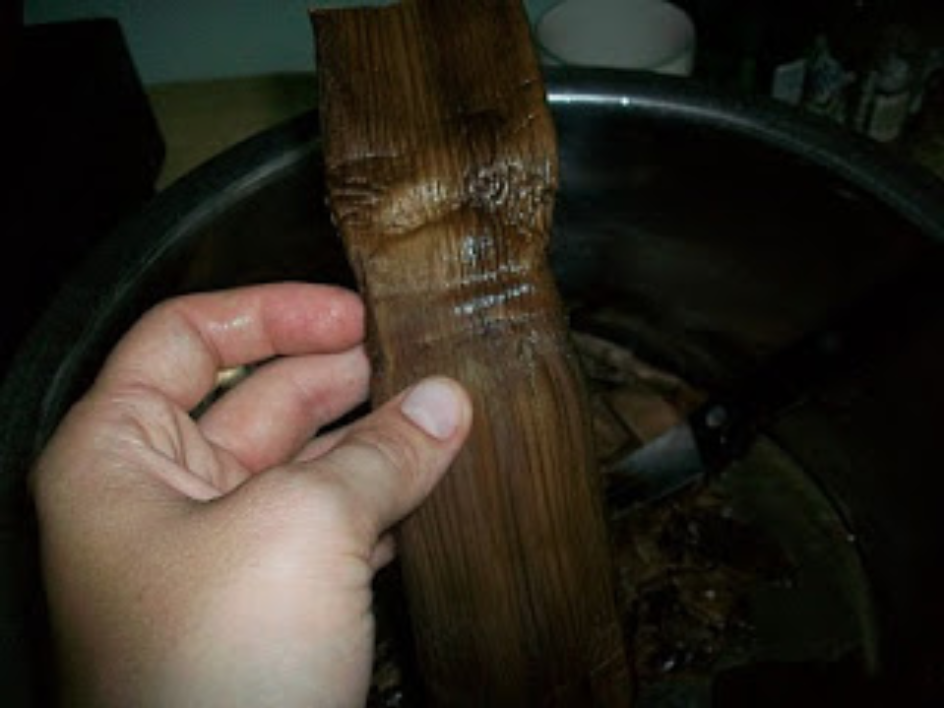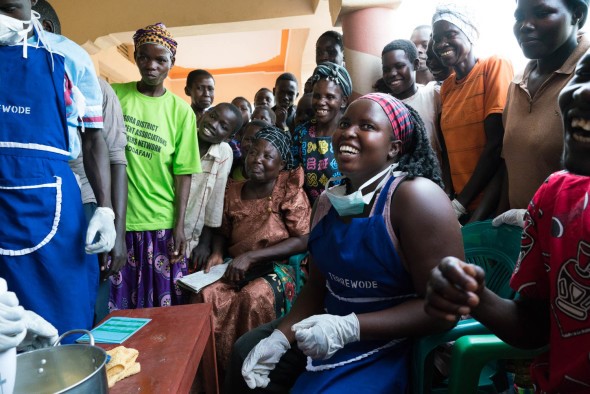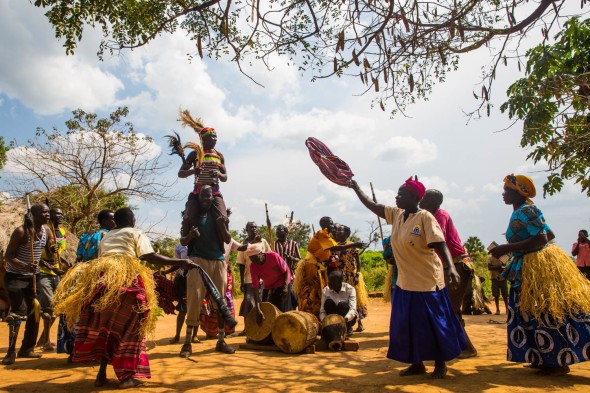Eastern Ugandan Recipe: Malewa
written by Rogers Muduku of MAPLE Uganda
Malewa is smoked bamboo shoot which is dried for preservation. These bamboo trees are a special kind and grow in the wild in eastern Uganda around Mt. Elgon. They are harvested when still young and soft. Malewa (smoked bamboo) forms the major ingredient of the Malewa /dish.
Origin: Malewa originated from Eastern Uganda in the Bugisu sub-region (area occupied by the Bagisu Tribe people) in the Mt Elgon region. It was originally eaten as food and later it started to be cooked as a sauce when mixed with ground simsim (sesame seed) or peanuts. Malewa is a traditional sauce for the Bagisu people and therefore forms a major part of ceremonies in Bugisu e.g. Imbalu (circumcision), traditional weddings as well as any Bagisu family regardless of where they migrated too.
It is typical to find some pieces of Malewa in the store of a Mugisu family regardless of where they stay. A case in point is my family (parents). They are Bagisu who transferred to Kampala and Entebbe a long time ago where they have stayed since. But I remember, while growing up; we always had some pieces of Malewa in the House. And my Mum would prepare it once in a while.
It is a delicious sauce when prepared well. Actually some people eating it for the first time might think they have eaten pasted smoked fish.
Ingredients for Malewa dish:
Malewa (the smoked bamboo shoot)
Water
Soda ash (locally made by sun drying Matooke/Banana peels and then burning them to form ash) or Rock Salt or Baking soda
Salt
Peanut paste
Preparation: Malewa is boiled in water to clean it (or soaked overnight to make it softer before cleaning it) and then the joints (which stay hard even after the boiling or soaking) of the shoot are cut off leaving the middle parts (which become softer after boiling or soaking) are cut into smaller pieces. Rock salt or Baking soda or Soda Ash is added to the boiled malewa to make it more tender. Finally peanut paste and salt are added and the sauce is simmered to acquire taste. The malewa sauce is served with either Matooke (Cooked green bananas), Cassava, Sweet potatoes, Rice or Posho (some kind of bread like meal made from Corn flour).
STEP BY STEP PROCESS WITH IMAGES BELOW:
Above is a picture of the Young bamboo just after harvesting it.
This picture shows how bamboo(malewa) looks like when you get it from the market after its smoked and dried.
Malewa
What you do first,
Cover it with water and boil it for about half an hour or Soak it overnight, pour off the water.
Then:
You cut off the joints, where the bamboo is hard. The soft middle parts are what you’ll eat.
Now that you have the good part,
cut it into smaller pieces, rinse, and boil again for about half an hour, but this time with water and about ¼ tsp. of baking soda or Rock salt or Soda ash.
Finally
You rinse the bamboo off again and add it to peanut sauce.
Then its ready to serve.
ENJOY!












